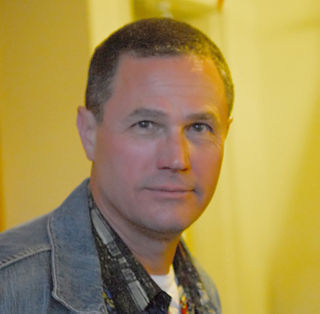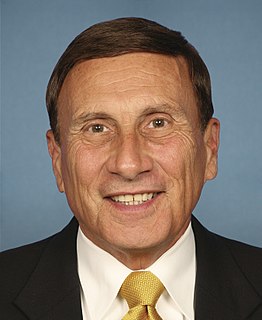A Quote by Simon Sebag Montefiore
I read many wonderful novels, though I now find the idea of literary fiction obsolete.
Related Quotes
Everybody should read fiction… I don’t think serious fiction is written for a few people. I think we live in a stupid culture that won’t educate its people to read these things. It would be a much more interesting place if it would. And it’s not just that mechanics and plumbers don’t read literary fiction, it’s that doctors and lawyers don’t read literary fiction. It has nothing to do with class, it has to do with an anti-intellectual culture that doesn’t trust art.
I'm a little skeptical of so-called narco fiction, I have to say, though some writers I admire may have written some narco fiction. You feel the dread and the atmosphere in Yuri Herrera's extraordinary novels, but you'd never say that what he writes is narco fiction. The same goes for Martin Solares's novels, inspired by the nightmare city of Tampico, where he's from. Valeria Luiselli, Álvaro Enrigue, I know that they're deeply affected by what goes on in Mexico, but their wonderful writing points in another direction, though not necessarily always and only.
In Pakistan, many of the young people read novels because in the novels, not just my novels but the novels of many other Pakistani writers, they encounter ideas, notions, ways of thinking about the world, thinking about their society that are different. And fiction functions in a countercultural way as it does in America and certainly as it did in the, you know, '60s.
The Booker thing was a catalyst for me in a bizarre way. It’s perceived as an accolade to be published as a ‘literary’ writer, but, actually, it’s pompous and it’s fake. Literary fiction is often nothing more than a genre in itself. I’d always read omnivorously and often thought much literary fiction is read by young men and women in their 20s, as substitutes for experience.
I often say to my students in workshops that if they are trying to find literary inspiration, they should not go and read novels, because novels are more appropriate for series. Where as they should read short stories - that's the right format for you to be able to actually display the narrative in a film.
I'm now much more excited about genre distinctions. What I still see breaking down are more the hierarchical arrangements of genres. That is, "There is literary fiction, and then there are lesser genres." I'm much more clear on the idea that literary fiction is itself a genre. It is not above other genres. It is down there in the muck with all the other genres, and it's doing the wonderful things that it does, but to give it a Y-axis, to make it high and low, just seems absurd. I stand by that.
[Michael] Chabon, who is himself a brash and playful and ebullient genre-bender, writes about how our idea of what constitutes literary fiction is a very narrow idea that, world-historically, evolved over the last sixty or seventy years or so - that until the rise of that kind of third-person-limited, middle-aged-white-guy-experiencing-enlightenment story as in some way the epitome of literary fiction - before that all kinds of crazy things that we would now define as belonging to genre were part of the literary canon.
All I am in private life is a literary critic and historian, that's my job...And I'm prepared to say on that basis if anyone thinks the Gospels are either legends or novels, then that person is simply showing his incompetence as a literary critic. I've read a great many novels and I know a fair amount about the legends that grew up among early people, and I know perfectly well the Gospels are not that kind of stuff.
That the question of likability even exists in literary conversations is odd. It implies that we are engaging in a courtship. When characters are unlikable, they don’t meet our mutable, varying standards. Certainly we can find kinship in fiction, but literary merit shouldn’t be dictated by whether we want to be friends or lovers with those about whom we read.








































